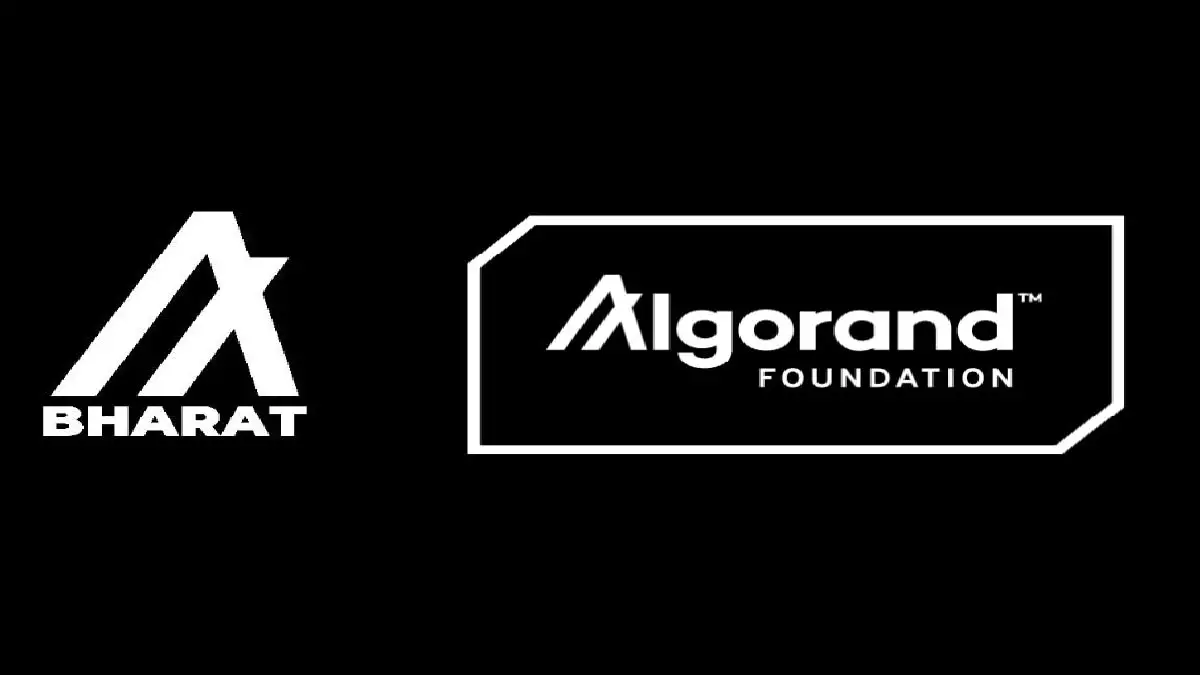AlgoBharat, the Indian unit of Algorand Foundation, a blockchain firm based in Singapore, is gearing up for the second edition of its Web3-focused initiative in India. Named the ‘Road to Impact’, this program aims to bring together Web3 developers and startup teams to participate in competitions, receive industry-level mentoring, and attend workshops. The primary goal of this engagement with India’s Web3 talent is to enhance the country’s digital infrastructure and foster innovation in the blockchain space.
Driving Innovation Through Deep Engagement
The inaugural edition of the ‘Road to Impact’ initiative was launched in 2023, and it received a positive response from developers across the country. Nikhil Varma, the India Tech Lead at Algorand Foundation, highlighted that cities like Surat and Trivandrum are emerging as key hubs for blockchain developers who are creating solutions tailored to local industries. Varma observed that Indian developers are exploring a wide range of use cases, with a particular focus on supply chain management, sustainability, healthcare, and MSME financing.
According to a statement by AlgoBharat, the ‘Road to Impact’ initiative is built on a philosophy of deep and sustained engagement to help developers enhance their skills and market their expertise effectively. Participants in the program will have the opportunity to compete for financial rewards and ALGO credits for mainnet deployment support. The top prize for the competition includes $10,000 (approximately Rs. 8.3 lakh) and 2,000 Algos in mainnet credits, as indicated on the program’s website.
In the second iteration of the ‘Road to Impact’ initiative, AlgoBharat has introduced a ‘developer track’ to upskill developers and equip them with the knowledge required to meet the demands of the global Web3 community. The top ten winners of this track will receive cash prizes, with a maximum reward of $1,000 (roughly Rs. 8.3 lakh) and 100 Algos in credit for mainnet deployment support.
The AlgoBharat team emphasized that studies have shown significant growth in India’s pool of blockchain developers, from three percent in 2018 to 12 percent in the previous year. By focusing on building an ecosystem for scalable and sustainable blockchain solutions, the ‘Road to Impact’ initiative aligns with India’s vision for 2047, which aims to create a digitally empowered society, drive economic growth, address social challenges, and establish global leadership in technology.
AlgoBharat has been actively reaching out to eligible individuals and projects in cities such as Indore, Surat, Delhi, Trivandrum, Pune, Bangalore, Hyderabad, and Kolkata since August. The program is set to kick off at the Algorand India Summit in Hyderabad on December 7 and 8 this year, bringing together developers, entrepreneurs, executives, investors, policy officials, and thought leaders from India.
The initiative reflects Algorand’s commitment to engaging with India’s Web3 ecosystem and supporting the development of local talent. In a statement to Gadgets 360 in April 2023, Anil Kakni, the head of AlgoBharat, expressed the platform’s mission to elevate India’s position as a hub for Web3 talent. Additionally, AlgoBharat collaborated with the Telangana government to introduce farmers to eco-friendly farming practices through blockchain technology, highlighting the diverse applications of Web3 beyond traditional industries.
This initiative is poised to play a crucial role in shaping the future of blockchain technology in India and empowering a new generation of developers to drive innovation and create impactful solutions for diverse sectors.


Leave a Reply